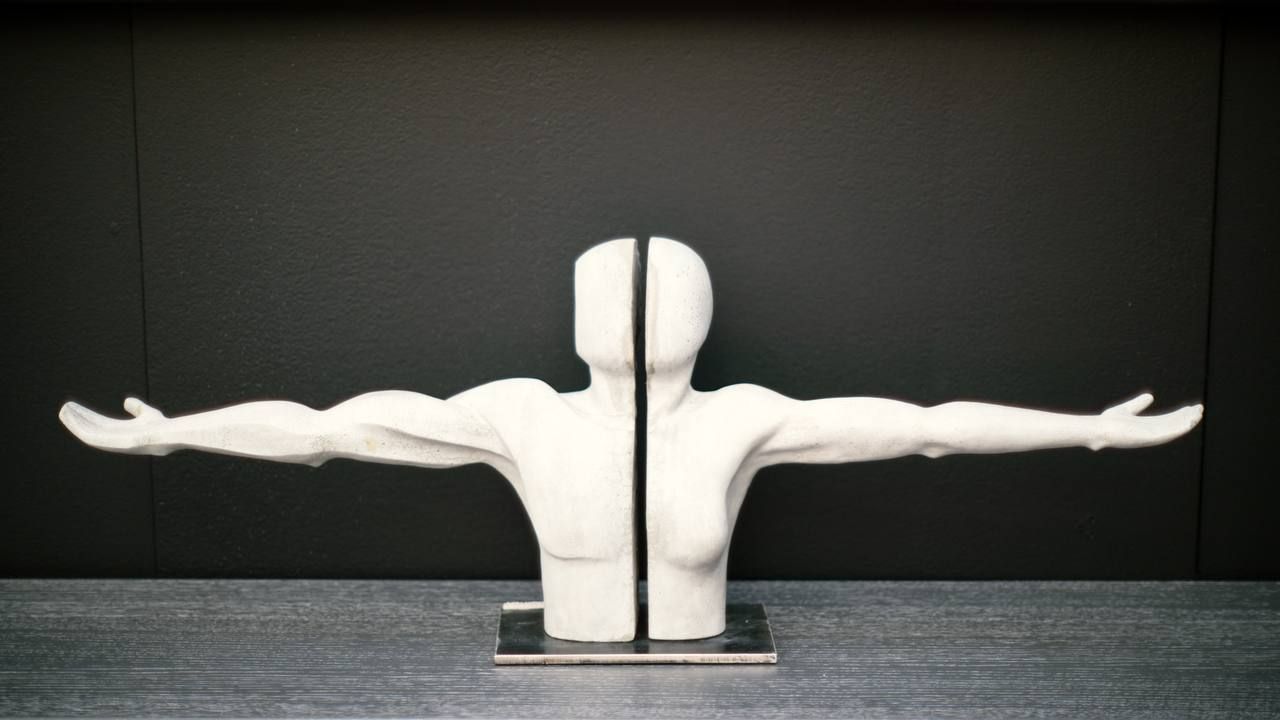How to Cope With Emotional Burnout
-
Published:15 August 2024
-
Updated:06 February 2025

Modern society, especially the entrepreneurial sphere, is focused on achievements and success. We are constantly racing against time: deadlines, scrum meetings, and time tracking allow us to be productive, achieve goals, and exceed plans at work and in life.
Do you know how to maintain a balance between work and rest? Do you take breaks from work? Do you dream of something pleasant or continue solving work tasks in your sleep?
For the modern person, taking a laptop on vacation is a norm of life, and some managers encourage it. This regime leads to emotional or professional burnout—a state of physical, emotional, and mental exhaustion resulting from prolonged stress and work overload.
Stress, Depression, Insomnia: How to Cope
According to scientific research, prolonged exposure to stress increases the risk of cardiovascular diseases. There is also a confirmed link between emotional (professional) burnout and depression, anxiety disorders, and sleep disturbances. Constantly being in "work mode" depletes the body's resources, weakening the immune system and making you more susceptible to illness. Therefore, it is vital to maintain a balance between work and rest, or at least strive for it.
Changing Ourselves and Our Habits
Standard recommendations for preventing emotional burnout include time management, physical activity, at least 8 hours of sleep daily, and a balanced diet. There is also another important quality—kindness or self-compassion.
This is not self-pity or indulgence of all your desires. Learn to notice your suffering (difficulties) and do what allows you to minimize it.
What is Self-Compassion? Some Examples
You know that a walk before bed improves sleep quality, but you need to finish something for work, so you skip the walk. As a result, you don't help your body switch to rest, sleep poorly, and experience stress. Compassion, in this case, is remembering yourself and going for a walk.
How to Develop and Show Compassion to Yourself
Imagine a child running towards you, falling, and scraping their knee. What would you do? Hug them, support them, and treat the wound? Or, because you don't have time, would you scold them to be more careful next time and walk past?
The first option is preferable, do you agree? How often can you support yourself in the same way?
The first step to developing kindness/compassion is to slow down.
- Listen to yourself. What do you feel in your body? What are your emotions? What thoughts are running through your mind?
- Take care of yourself. Say some supportive words to yourself or stand up after sitting for four hours and stretch.
Kindness to oneself is a skill that can and should be developed to avoid burnout, live a whole life, desire things, and find new meanings.
Chronic Health Effects (https://www.iloencyclopaedia.org/part-v-77965/psychosocial-and-organizational-factors/chronic-health-effects), 14 January 2011. Accessed 5 Dec 2024.
Journal of Occupational Health Psychology (https://psycnet.apa.org/manuscript/2019-60059-001.pdf). Accessed 5 Dec 2024.







.svg)
.svg)
